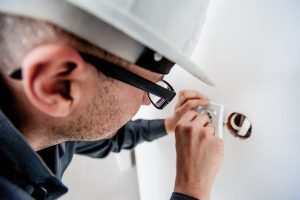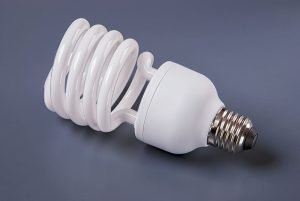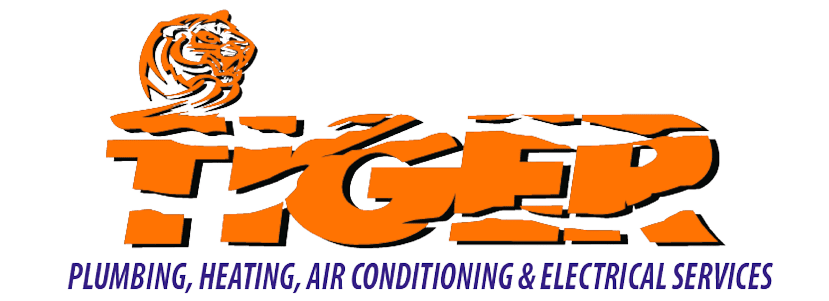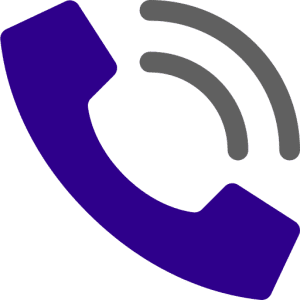Common Household Electricity Hazards That Need to be Addressed
Electricity is a valuable resource that is interwoven within just about every aspect of our daily lives. It is easy to take the electricity in our lives for granted. When we flip a switch, we just naturally assume that the lights will come on and work safely. Thanks to modern electrical advances and skilled Electricians, like ours, electricity is generally safe to use. However, electricity is still dangerous if not used properly or when electrical concerns go unaddressed. Be on the lookout for these all too common household electricity issues that could be dangerous for you or your family.
5 Common Household Electricity Issues:
1. Using the wrong light bulbs.
It is important to check the wattage rating on your lamps and light fixtures. Make sure that you never use higher wattage light bulbs than your lamp fixture is designed to handle. The heat put  off by higher wattage light bulbs can melt through and/or scorch your fixture’s socket and wiring. This is a leading cause of electrical fires in residential homes. Keep in mind that using the wrong light bulb may not cause a fire right away, it typically takes time, but it is best to avoid that risk altogether and use the right wattage light bulbs.
off by higher wattage light bulbs can melt through and/or scorch your fixture’s socket and wiring. This is a leading cause of electrical fires in residential homes. Keep in mind that using the wrong light bulb may not cause a fire right away, it typically takes time, but it is best to avoid that risk altogether and use the right wattage light bulbs.
2. You do not have enough electrical outlets.
If you find yourself using extension cords and power strips throughout your home, you may want to consider having a few more electrical outlets installed. Using a few heavy-duty extension cords in your home is usually perfectly safe. Just remember to avoid overloading the circuits and that these cords are free from damage or obstruction. However, the best option is to have more outlets installed, especially in rooms that use the most electrical devices.
3. Your home is lacking Ground Fault Circuit Interrupters (GFCIs).
Properly installed and maintained GFCIs play a vital role in protecting your home. GFCIs are designed to shut down an electrical current when there is moisture present or a circuit becomes overloaded. This protects you and your family from dangerous and possibly deadly shocks. Once the GFCIs shut down the current you are required to push a button next to the receptacle to get the current flowing again. GFCIs should always be used in locations where water maybe present, kitchens and bathrooms are particularly vulnerable. GFCIs are required in all new homes, but if you do live in an older home it is possible that you are missing GFCIs in key locations. You will want to upgrade to GFCIs to make your home safer.
4. Frayed or damaged outdoor wiring.
Outdoor electricity is a major convenience, but since it is exposed to the elements, wiring is vulnerable to damage. If you notice your outdoor electrical fixtures behaving oddly, it is time to call in the experts. For example, if your outdoor lights tend to flicker, this is a sign that your wiring could be frayed or damaged and in need of repairs, to avoid a potential fire hazard.
5. Your outlets are damaged.
Have you noticed a plug-in that is loose or a little wobbly in an outlet? If so, it is time to replace that outlet. Loose connections can often lead to sparks which create a fire hazard. This makes it a much safer option for you to have all of the damaged or loose outlets in your home replaced by one of our expert Electricians.
If you have any plumbing, heating, cooling or electrical needs, simply call us at:
(618) 765-8218
Be sure to check us out on Facebook, Twitter, Pinterest, and Instagram
Financing
Options
Winning Team





















